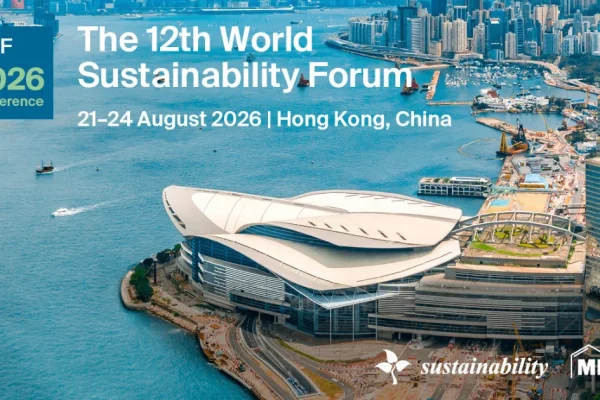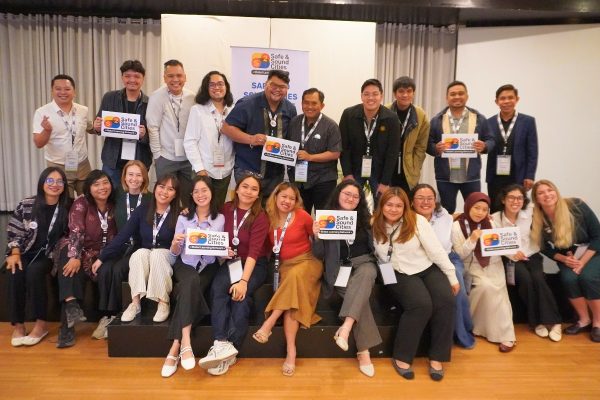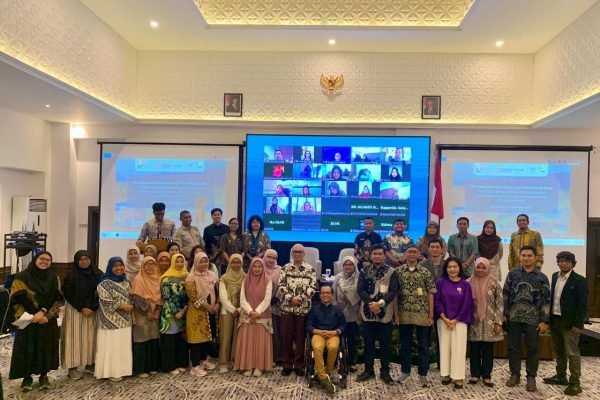Aiming to help further the renewable energy transition in the Philippines, ICLEI Southeast Asia is supporting the 10-Million Solar Rooftops Challenge, a campaign which seeks to establish 10-million solar rooftop photovoltaic (PV) systems across the island nation through multi-sectoral advocacy and cooperation.
Organized by the Center for Energy, Ecology, and Development (CEED), a Philippine think-do organization, the challenge encourages individuals, households, businesses, government bodies, organizations, schools, establishments, churches, offices, and local and national government units and agencies to support the achievement of the 10-million target through: spreading word of the campaign, promoting the possibilities of distributed renewable energy in general and solar rooftop PV in particular; committing to invest in and installing their own solar rooftop PV systems; or implementing programs, projects, and activities for solar rooftop PV facilities within their scope of influence.
Highlighting the importance of the campaign, CEED stated “With an estimated capacity of 1kW per solar rooftop, meeting the 10-million roofs goal would result in a massive total potential of 10GW, all directly in our homes and establishments.”
The 10-Million Solar Rooftops Challenge aims to highlight the importance of a just renewable energy transition, recognize the impact of ongoing and upcoming solarization activities across the country, and raise awareness on the challenges and opportunities for solarization in the Philippines.
The 10-Million Solar Rooftops Challenge is set to officially launch on 16 July 2024.
ICLEI Southeast Asia has recently and is currently undertaking various engagements related to the renewable energy transition, including developing the renewable energy roadmaps of Eastern Samar and Albay Province in the Philippines; and West Nusa Tenggara, Indonesia. Through the RENEW-SEA project, ICLEI Southeast Asia is also currently supporting awareness-raising, outreach, and capacity building to spur local and regional governments in Indonesia, Malaysia, and Thailand to lead the renewables-based transition in their communities.




